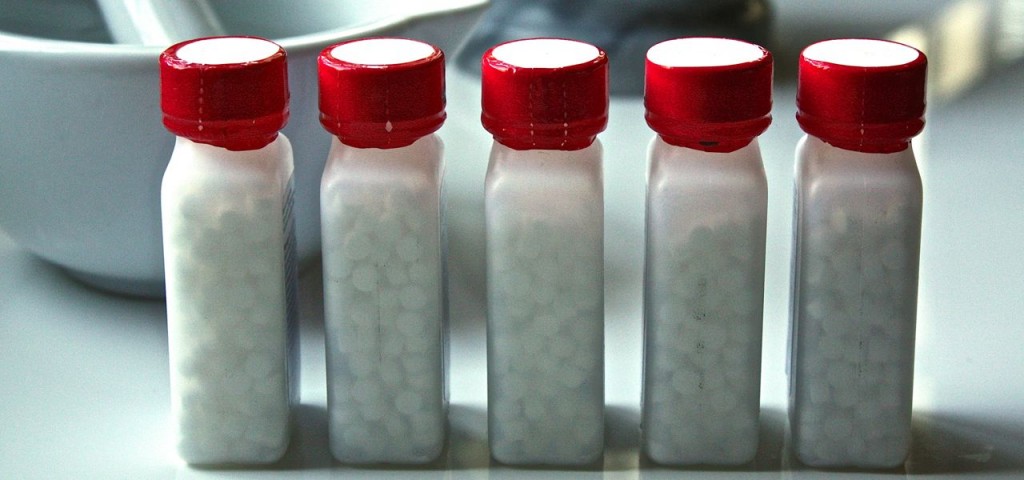 Beta Sitosterol vs Saw Palmetto
Beta Sitosterol vs Saw Palmetto
About five years ago I started having symptoms of benign prostatic hyperplasia (BPH). Everyone I asked told me to take an herb called saw palmetto, so I did. I started with 160 mg once a day. That didn’t seem to do much, so I increased my dose to twice a day. Then it started to help alleviate the symptoms. I made the mistake a couple of times of switching to cheaper brands that didn’t seem to work for me, but overall it helped.
Last year I read an article that explained that beta sitosterol is the ingredient in saw palmetto that works for BPH. So I wondered why I had been buying a saw palmetto supplement all this time. I then looked for beta sitosterol research that indicated that it was safe and effective, just to be sure, and I found there had been some clinical studies conducted. 1, 2
I began trying a beta sitosterol supplement and since that time, I have not had to make more than one trip to the bathroom during the night. Often I sleep through the whole night. I never had that good of results with saw palmetto.
Beta Sitosterol Dosage
It is hard to find a consensus for a dose, but if you are taking it for BPH, 130 mg a day is a commonly recommended amount. I’ve been taking 160 mg a day, mostly because the first brand I started taking came in that strength. Since it worked and I haven’t had any side effects, I’ve continued taking this brand.
Beta Sitosterol Side Effects
Taking beta sitosterol for BPH, or prostate health, typically requires such a low dose that side effects are very uncommon. I haven’t noticed any problems while taking 160 mg a day. Some side effects that have been reported by people taking more than the recommended amount include nausea, diarrhea, upset stomach, and impotence.
Dietary Sources of Beta Sitosterol
Beta Sitosterol is a naturally occurring plant sterol found in avocados, pistachios, almonds, soybeans, and wheat germ. I have also read that there is a lot of beta sitosterol in margarine, but I wouldn’t recommend that. Margarine is a trans fat. Trans fats are unhealthy because they increase your risk of heart disease by raising your bad cholesterol.
References
- Berges R, Windeler J, Trampisch H, Senge T. (1995). “Randomised, placebo-controlled, double-blind clinical trial of β-sitosterol in patients with benign prostatic hyperplasia”. The Lancet 345(8694): 1529-32.
- Wilt T, Ishani A, Macdonald R Stark G, Multrow C, Lau J. (2000). “Beta-sitosterols for benign prostatic hyperplasia”. Cochrane Database Syst Rev. (2):CD001043.
